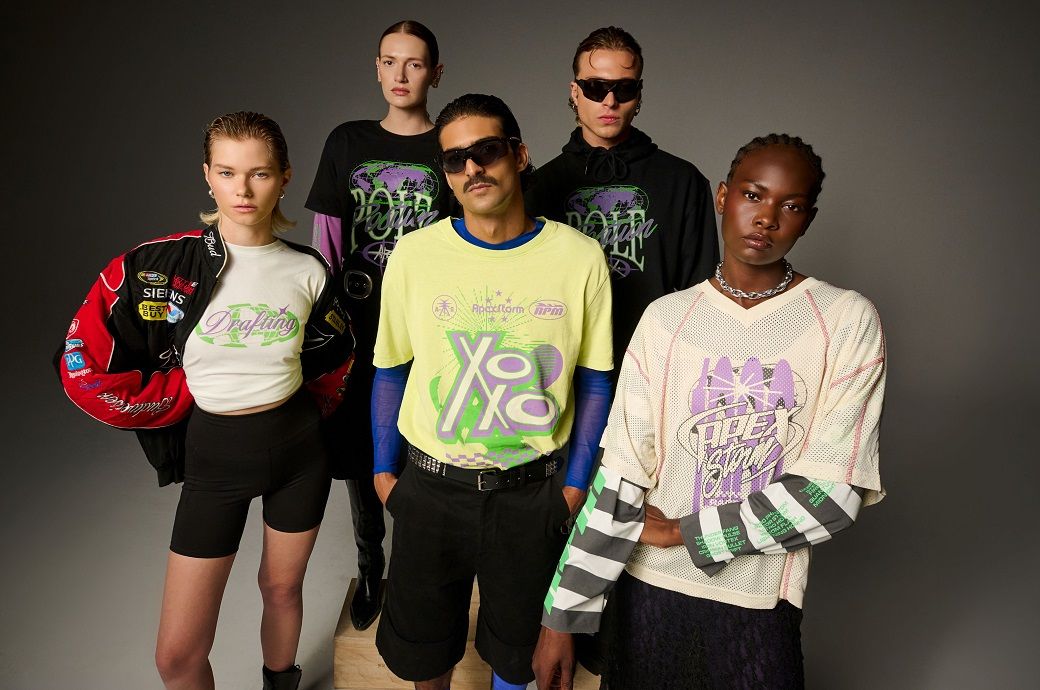Artificial intelligence is transforming every corner of the hospitality industry, but its impact on luxury hotels is particularly profound. In a sector where personalization, recognition, and emotional connection define the guest experience, AI is being used heavily to augment the human touch.
As panelists at the recent Destination AI 2025: The Hospitality Conference emphasized, the future of luxury travel lies in the strategic fusion of high tech and high touch.
Personalization as the Ultimate Luxury
“Luxury is personalization. Luxury is about the way people feel,” said Carolyn Corda, managing director at Deloitte. “Consumers don’t care what mechanics are being used — they just care about how it feels for them.”
Today’s luxury traveler doesn’t just want to be recognized by name; they want to feel understood at a deeper level — their intentions, motivations and values. Corda calls this the “get me” level of personalization, and AI is what makes it possible.
By integrating guest data from loyalty programs, past stays, and real-time interactions, AI systems can generate intelligent profiles that staff can access across properties. As Frank Pitsikalis, senior vice president of product strategy for Agilysys noted, “It’s not just data that sits in a CRM, but data that’s meaningfully available at staff’s fingertips.”
From preferred room temperature and lighting to wine choices and wellness interests, AI can anticipate needs before the guest arrives.
Smart Spaces and Seamless Comfort
Behind the scenes, AI-driven automation is reshaping the physical environment of luxury properties. Intelligent systems are managing room temperature, lighting and entertainment preferences to enhance both energy efficiency and a level of comfort personalized to each guest, according to Will Gilbert, co-founder of Bodhi.
Such automation doesn’t just improve guest satisfaction. It also frees staff from routine tasks, allowing them to spend more time dealing with customers face-to-face.
“Technology is an enabler to free up staff to be out on the floor,” Piers Schmidt, the co-founder of Luxury Partners noted. “The key in luxury is wrangling the data and giving it to someone who turns it into a piece of human interaction.”
Tailored Packages and “Carpe Data”
AI is also reinventing how luxury hotels design and sell experiences. Beyond “heads in beds,” hotels are curating dynamic, data-driven packages reflecting the guest’s purpose of travel — wellness, gastronomy, family time or cultural exploration.
“We need to go beyond current metrics of RevPAR and think in terms of revenue per available customer,” said Pitsikalis.
To do that, it’s a matter of focusing on intention and designing personalized packages appealing to those intentions.
AI-powered merchandising tools can assemble bespoke offers on the fly, bundling spa sessions, excursions or dining experiences based on past behavior and stated preferences. As Corda put it, hoteliers have should “carpe data”: Seize the data in order to understand customers well enough to know what they are driven by.
Balancing High Tech and High Touch
For luxury brands, the art lies in using technology as a backstage enabler rather than a front-stage distraction. When applied intelligently, AI supports the staff in delivering emotionally resonant experiences — freeing them from back-office tasks to engage directly with guests.
As David Todd, White Lodging senior vice president and chief information and security officer, noted, “The myth is that AI will replace humans. In fact, what we need is AI literacy so we can shift humans from the back of the house to the front of the house.”
In luxury hospitality, high tech multiplies high touch. AI systems can prepare the stage — adjusting a suite’s ambiance, scheduling a preferred spa therapist, or suggesting an itinerary — so that when the guest arrives, every interaction feels effortless, personal and genuine.
Ultimately, AI will not redefine luxury by removing humanity, but by refining it. The hotels that succeed in this new era will be those that use data to intimately understand their guests, allowing them to transform every hotel touchpoint into a personalized experience.
Related Articles
Hex Aims to End Data Disconnect Between Hotels & Advisors
TLN’s Top Leisure Agencies Forecast Strong Growth for 2026
:max_bytes(150000):strip_icc()/Health-GettyImages-2212083386-afb4829954ff4883971aedd85fc1d2dc.jpg)



